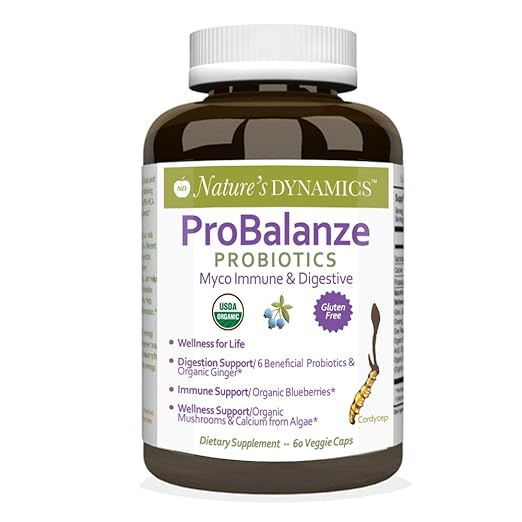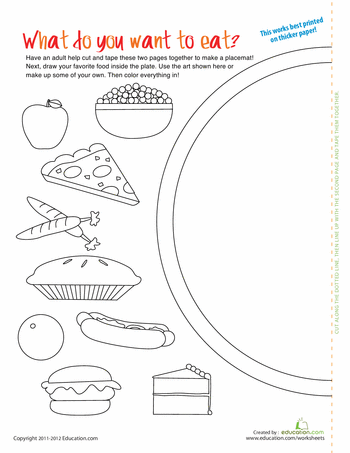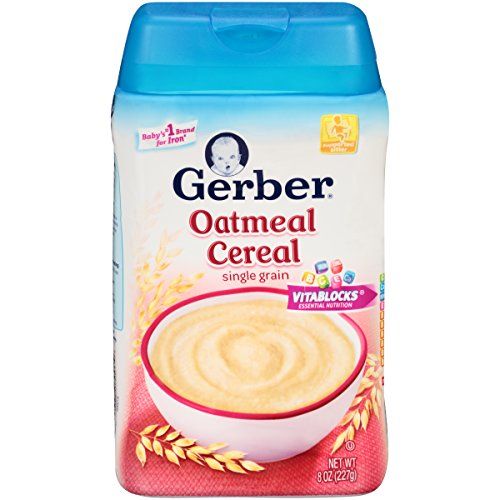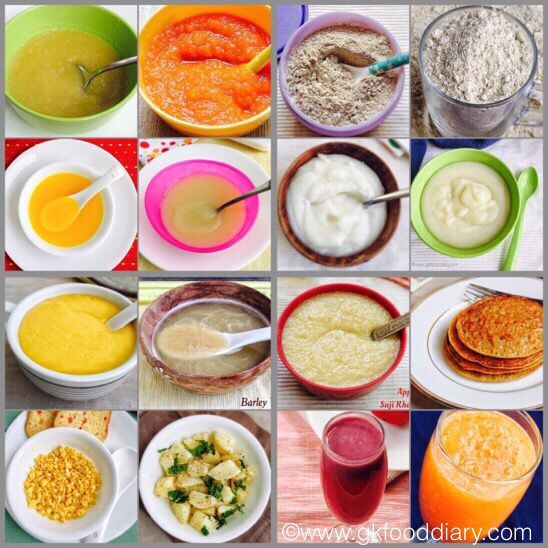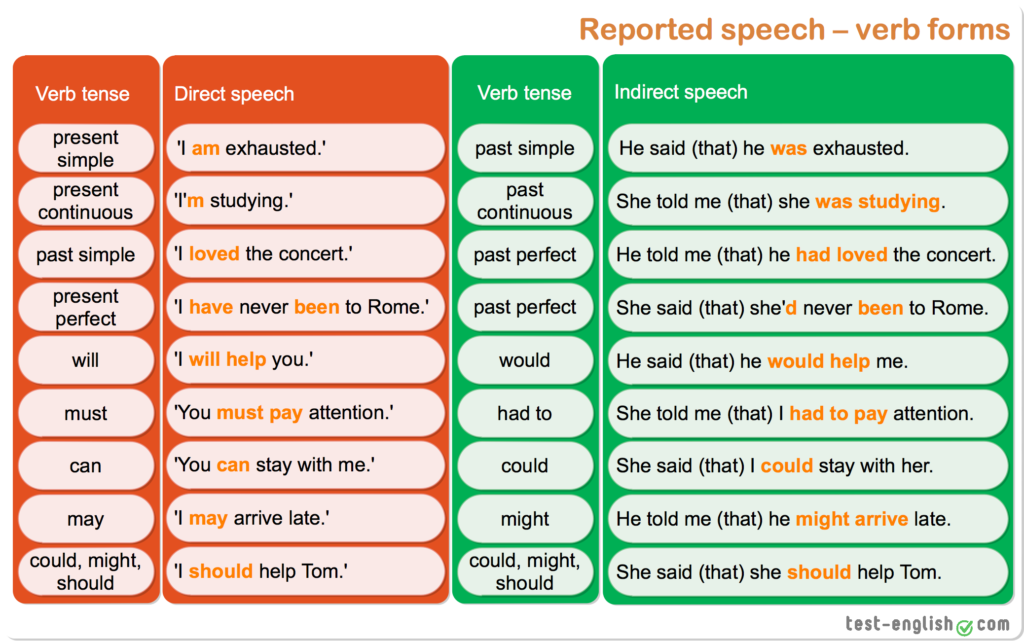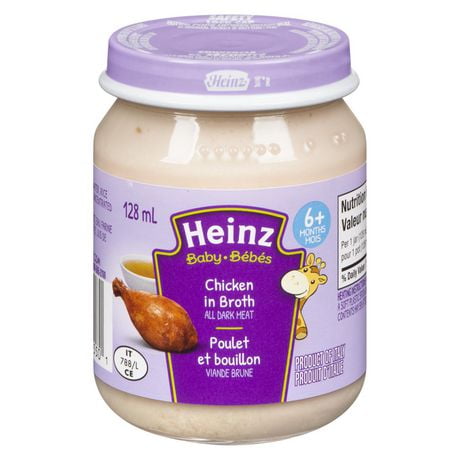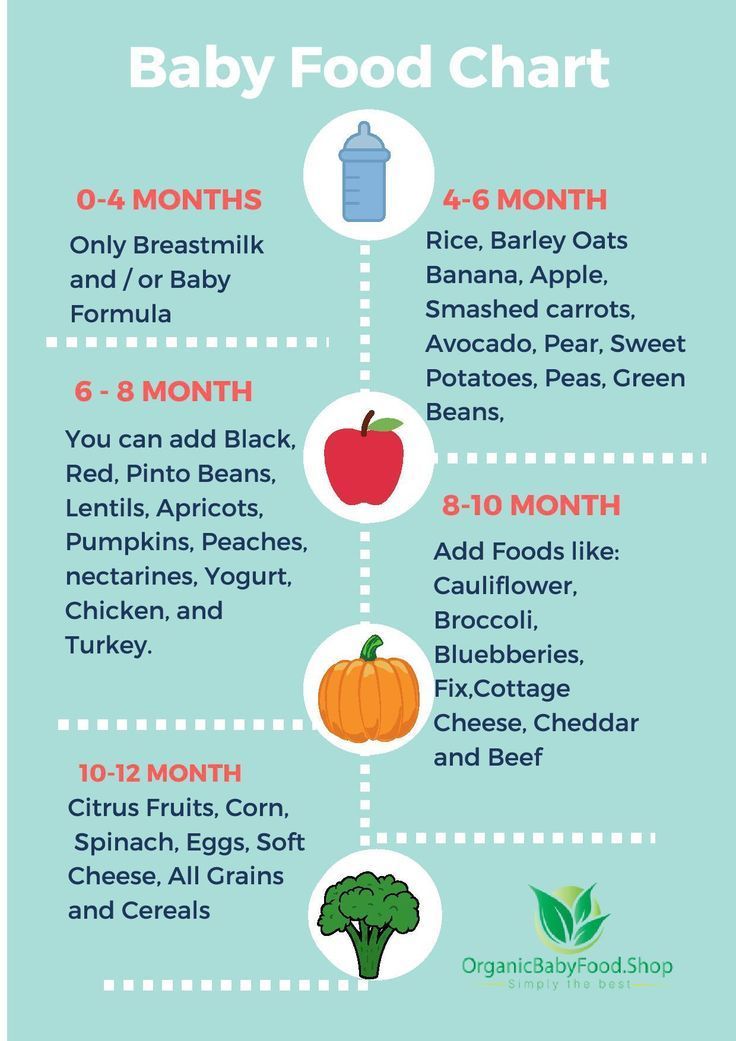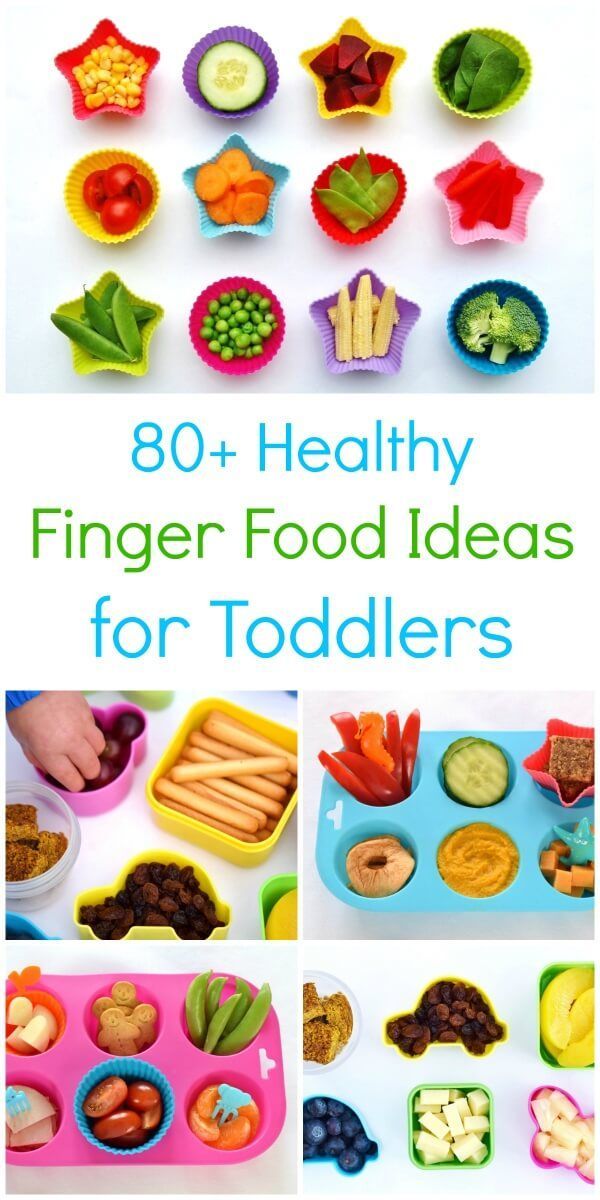Whole foods probiotics for babies
Probiotics for Kids: Why Whole Foods are Best
Last updated on
Medically reviewed by Dr. Daniel Deakter, MD
Contents
- Breastfeeding vs. formula for your baby’s microbiome
- Probiotics in infant formula can help
- The microbiome and children’s growth
- The microbiome of Americans lacks diversity
- Probiotics (and prebiotics) are safe for children
- Food Sources of Probiotics for Kids
- Bottom line: Get more probiotics from foods
Anyone who has kids, or any experience with kids, knows that there are a lot of picky eaters out there, and that school cafeterias, fast food, and pre-packaged and processed foods aren’t exactly providing the best nutrition, nor are they a powerhouse of healthy probiotics. In a previous post, I talked about ways the microbiome helps fight off infections and how the microbial community in our gut is shaped by what we eat. Today I’m taking a look at the gut microbiota and how it shapes growth and development in kids.
Breastfeeding vs. formula for your baby’s microbiome
As we age, the microbes that colonize our guts tend to stay for long periods of time. 1 Science is beginning to understand that these microbes have the potential to really shape our overall health, potentially even for the entirety of our adulthood. The foods we eat, and not the supplements we take, are the primary drivers of our microbiome health. This is true for kids and adults. Several postnatal studies have shown differences in microbiome composition between metropolitan areas of the United States versus rural villages in southern Malawai and Venezuela. 2 Differences have also been observed in babies who are raised on breast milk as compared to those who get formula. Breast-fed infants generally have a more uniform microbiome population when compared to formula-fed 3, and even supplementing with formula can shift the microbiome to a wider spectrum of microbes, which is common for formula-fed infants.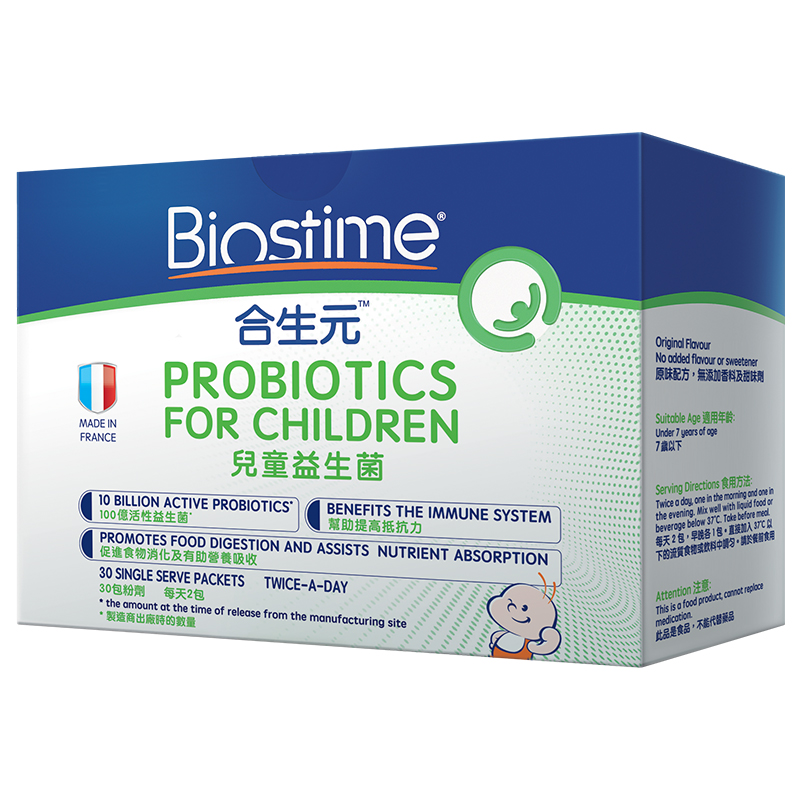 4 Now, for those of you who are thinking, “wait, if formula gives my baby a more diverse microbiome, that’s a good thing, right?” Not at the infant stage. For infants, you actually still want a less diverse microbiome because an infant’s immune system is just at the very start of development. Similar to how you slowly introduce babies to new foods, rather than throw it at them all at once so the body and newly formed immune system of newborns can develop at the correct pace.
4 Now, for those of you who are thinking, “wait, if formula gives my baby a more diverse microbiome, that’s a good thing, right?” Not at the infant stage. For infants, you actually still want a less diverse microbiome because an infant’s immune system is just at the very start of development. Similar to how you slowly introduce babies to new foods, rather than throw it at them all at once so the body and newly formed immune system of newborns can develop at the correct pace.
Probiotics in infant formula can help
The World Health Organization recommends breastfeeding exclusively for the first 6 months, but it’s not possible for all families. There have been several efforts to make formula that is similar to human milk by adding probiotics and prebiotics in hopes that it will help steer the development of proper immune function. 5678 So far, the studies have shown that the microbiome of babies fed with pro and prebiotic formula look more like that of breastfed babies, though the jury is still out on whether there is real health improvement.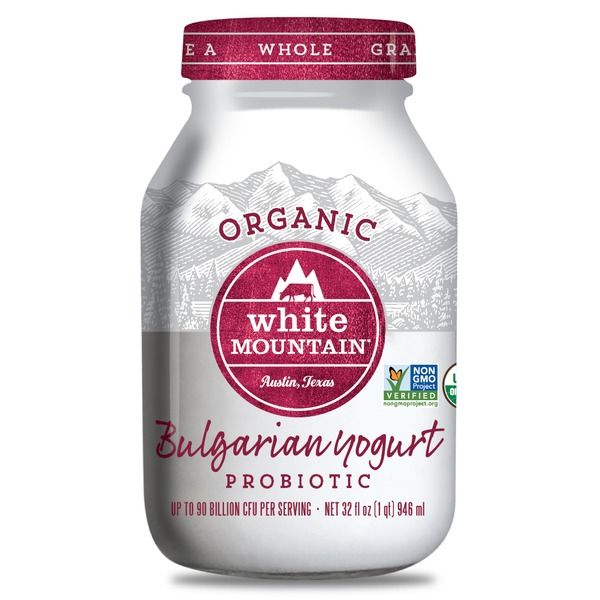 9108 That said, two studies found that supplementation in preterm infants is linked with a reduced incidence of necrotizing enterocolitis and sepsis. 411 It’s the stage when babies are introduced to solid foods that we really see a high impact on the microbial population, with significant increases in Enterococci and Enterobacteria, and the appearance of Bacteroides, Clostridia, and other anaerobic Streptococci. 124 Somewhere between the first and third year of life, the microbiome starts to look a little more like that of an adult. This is where I want to talk a little more about why and how we should be looking toward probiotics and how important the effects of eating habits are on healthy growth and development for children.
9108 That said, two studies found that supplementation in preterm infants is linked with a reduced incidence of necrotizing enterocolitis and sepsis. 411 It’s the stage when babies are introduced to solid foods that we really see a high impact on the microbial population, with significant increases in Enterococci and Enterobacteria, and the appearance of Bacteroides, Clostridia, and other anaerobic Streptococci. 124 Somewhere between the first and third year of life, the microbiome starts to look a little more like that of an adult. This is where I want to talk a little more about why and how we should be looking toward probiotics and how important the effects of eating habits are on healthy growth and development for children.
The microbiome and children’s growth
It’s been shown over the course of years of microbiome research that a well-rounded microbiome is key in human health — not just for adults, but for kids to achieve healthy growth.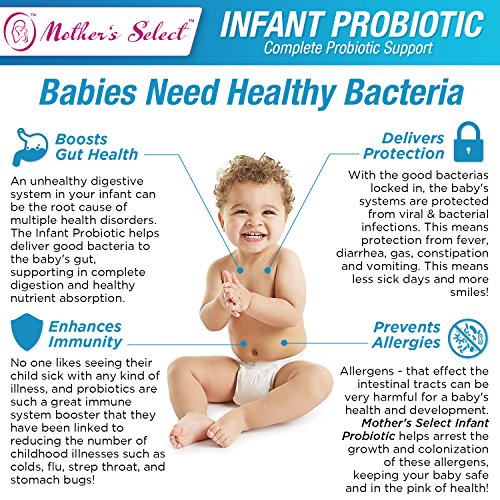 131415 A study done in 2014 comparing bottle-fed to breast-fed macaques showed that the breastfed infants had more memory T helper 17 cells (Th27), an important subset of immune cells that help protect us from pathogens and infection. 16 Alone, this data might not mean much to the average person, but the implication here is that the timing and foods that children are exposed to in their early life can have lasting consequences. The impact of the microbiota in children goes beyond just obesity or malnutrition, but into diseases such as asthma, dermatitis, chronic inflammatory disease, type 1 diabetes, and eczema, all which can last into adulthood. 171819 Knowing how much our health is affected by our microbiomes, this makes me wonder what the American diet (access to highly processed foods and “quick” meals) means for our gut. A study carried out in 2011 by Jeffrey I. Gordon’s lab, looked at bacteria from 326 individuals from the ages of 0-17 and 202 adults 18-70 years of age and found that the composition of the microbiome starts to mature within three years following birth, something that Gordon found to be consistent throughout all three countries.
131415 A study done in 2014 comparing bottle-fed to breast-fed macaques showed that the breastfed infants had more memory T helper 17 cells (Th27), an important subset of immune cells that help protect us from pathogens and infection. 16 Alone, this data might not mean much to the average person, but the implication here is that the timing and foods that children are exposed to in their early life can have lasting consequences. The impact of the microbiota in children goes beyond just obesity or malnutrition, but into diseases such as asthma, dermatitis, chronic inflammatory disease, type 1 diabetes, and eczema, all which can last into adulthood. 171819 Knowing how much our health is affected by our microbiomes, this makes me wonder what the American diet (access to highly processed foods and “quick” meals) means for our gut. A study carried out in 2011 by Jeffrey I. Gordon’s lab, looked at bacteria from 326 individuals from the ages of 0-17 and 202 adults 18-70 years of age and found that the composition of the microbiome starts to mature within three years following birth, something that Gordon found to be consistent throughout all three countries.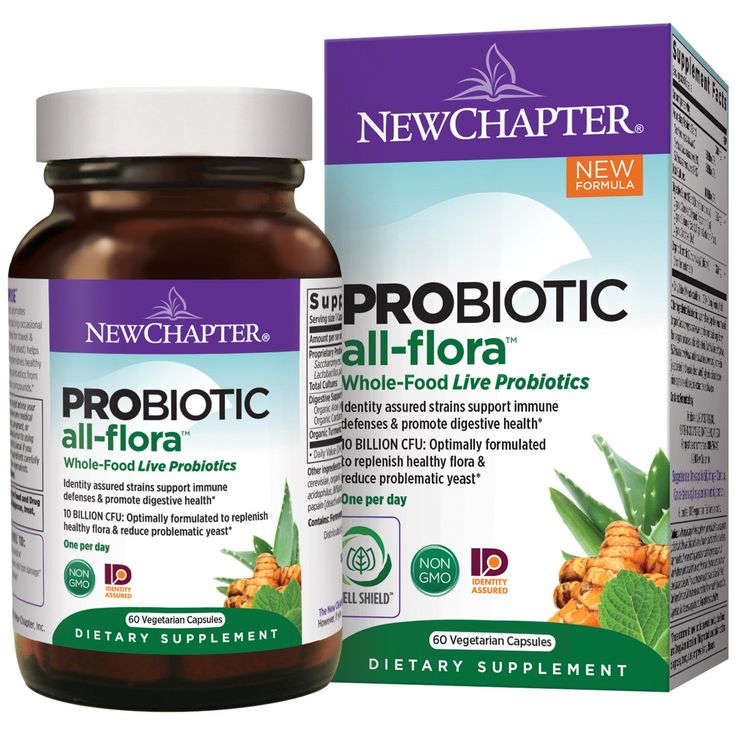 In this same study, Gordon found that the Western lifestyle affects the bacteria makeup of our gut microbiome, from childhood into adulthood.
In this same study, Gordon found that the Western lifestyle affects the bacteria makeup of our gut microbiome, from childhood into adulthood.
The microbiome of Americans lacks diversity
On both graphs I’ve included, the blue dots or lines represent the number of different microbes in the American gut. The line graph discusses bacteria in particular, and really highlights how our gut bacteria as adults is less diverse compared to other countries. The dot graph aims to look at other microbes from different groups (Archaea, Fungi, etc.) and shows that the good Fungi and some other eukaryotes that also make up a healthy gut microbiome are much lower as well in America. The culprit of this is likely our diets, as these other countries don’t have as much access to the highly processed foods we eat here in the U.S. The sterile environment that we make these pre-packaged food in, plus that fact that they’re stripped of most nutrients, means that there’s hardly any good nutrition left, and as a result, they can start to feed some bad guys in the gut. Now, let’s dig in a bit further.
Now, let’s dig in a bit further.
In the table on the left, Gordon (mentioned earlier) shows rarefaction curves for fecal samples, each with at least 2 million V4-16S rRNA sequences. Each line connects an average number (± SD) of observed 97% ID bacterial species-level operational taxonomic units (OTUs) at each rarefaction depth for adults (n=15 Malawians, 9 Amerindians, 80 USA) and babies (n=1 Malawian, 4 Amerindian, 5 USA). If you’re interested in reading up on what a Random Forests classification is, you can look at Gordon’s original paper here. Meanwhile, in the table below, researchers looked at non-bacterial members identified in fecal microbiota using Shotgun sequences to query the NCBI nr database (Blastn e-value threshold cutoff, 10-5). The proportion of sequences that mapped to non-bacterial sequences was calculated for each age and geographic group. The most abundant fungal sequences belong to the NCBI nr family level taxa Ascomycota and Microsporidia and were found in all three populations.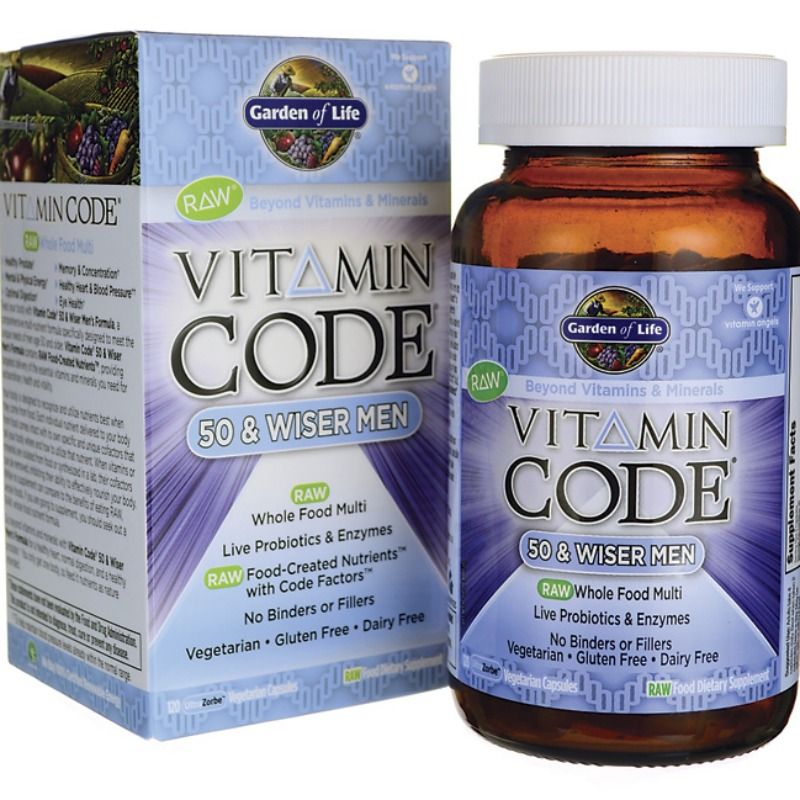 In NCBI nr, “other eukaryota” refers to sequences that do not map to fungi, plants, arthropoda, mammals, and “other metazoa.” In USA microbiomes, “other eukaryota” was most prominently represented by Hexamitidae, Trichomonadidae families, and genus Entamoeba, while in Malawian and Amerindian microbiomes, the most abundant group was “uncultured compost protozoan.” *** p<0.0005, **p<0.005, *p<0.05 (Mann-Whitney test).
In NCBI nr, “other eukaryota” refers to sequences that do not map to fungi, plants, arthropoda, mammals, and “other metazoa.” In USA microbiomes, “other eukaryota” was most prominently represented by Hexamitidae, Trichomonadidae families, and genus Entamoeba, while in Malawian and Amerindian microbiomes, the most abundant group was “uncultured compost protozoan.” *** p<0.0005, **p<0.005, *p<0.05 (Mann-Whitney test).
So, given that the Western lifestyle affects the microbiome from a young age and results in a less-robust microbiome makeup as an adult, what can we do to combat this? And when should we start? See also: Bifidobacterium vs. Lactobacillus probiotics: what’s the difference?
Probiotics (and prebiotics) are safe for children
For one, it’s pretty clear from several of the studies I linked to above that probiotics and prebiotics are safe for children. Breastfed babies are getting their good bacteria from Mom, but for those of us who can’t breastfeed, several groups are already working to include probiotics in formula.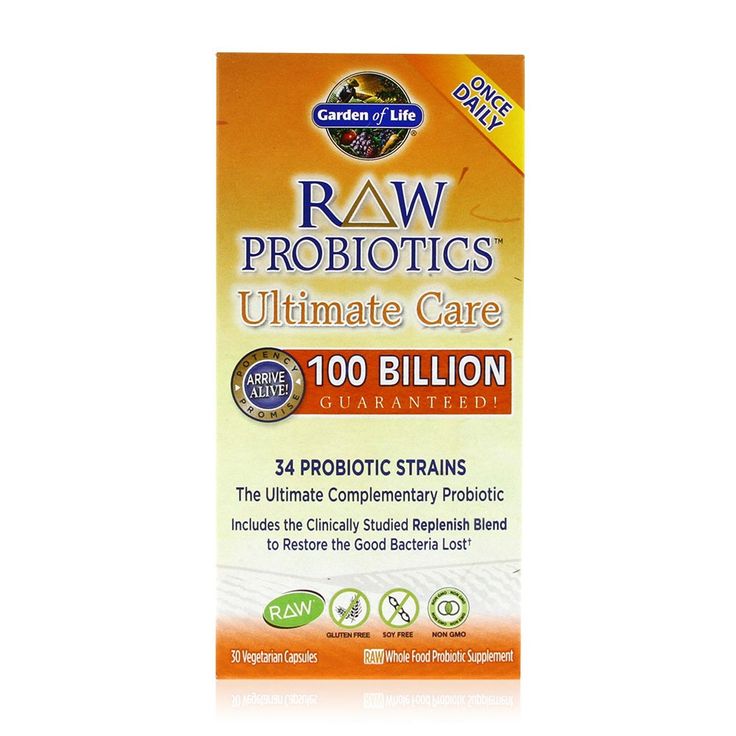 The particular strain that was studied was Lactobacillus rhamnosus GG (ATCC 53103). Another strain that has been tested is B. Infantis, which was demonstrated to reduce in instances of necrotizing enterocolitis (NEC) 20 and another study has tested a combination of probiotics in standard whey-based formula containing a total of 107 colony-forming units (CFU)/g of Bifidobacterium bifidum, Bifidobacterium breve, Bifidobacterium longum, B. longum subspecies infantis. This study supplemented infants with this combination of probiotics from 0 months to 12 months and found that supplementation changed the occurrence of specific bacterias and metabolites. However, a year after stopping probiotic intake, researchers looked at the fecal bacteria of the infants at age 24 months and did not see long-term effects on the microbiome after, or antibiotic uptake, which indicates that complementary probiotics are not just a one-and-done treatment and that the gut microbes need to be properly fed and kept up with in order to see the benefits.
The particular strain that was studied was Lactobacillus rhamnosus GG (ATCC 53103). Another strain that has been tested is B. Infantis, which was demonstrated to reduce in instances of necrotizing enterocolitis (NEC) 20 and another study has tested a combination of probiotics in standard whey-based formula containing a total of 107 colony-forming units (CFU)/g of Bifidobacterium bifidum, Bifidobacterium breve, Bifidobacterium longum, B. longum subspecies infantis. This study supplemented infants with this combination of probiotics from 0 months to 12 months and found that supplementation changed the occurrence of specific bacterias and metabolites. However, a year after stopping probiotic intake, researchers looked at the fecal bacteria of the infants at age 24 months and did not see long-term effects on the microbiome after, or antibiotic uptake, which indicates that complementary probiotics are not just a one-and-done treatment and that the gut microbes need to be properly fed and kept up with in order to see the benefits.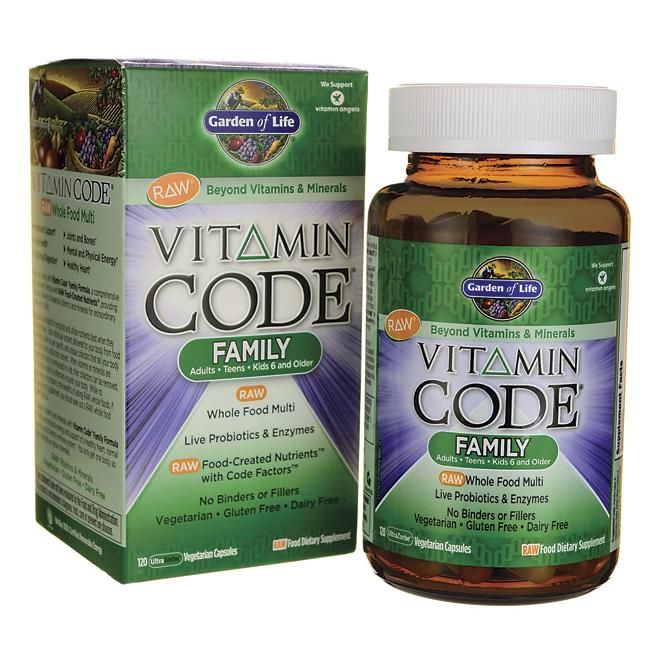 21 Talk to your pediatrician about what the options are if this is a concern for you.
21 Talk to your pediatrician about what the options are if this is a concern for you.
Food Sources of Probiotics for Kids
When introducing solid foods to your child around age 4 to 6 months, instead of the jars of baby food you can buy at the grocery store, consider making them yourself at home. Following your pediatrician’s guidance, choose fresh organic fruits and veggies and invest in a good food processor. While fresh fruits and veggies aren’t a huge source of probiotics, they’re a wonderful source of prebiotic microbes and nutrients that your gut bacteria thrive on, which helps keep your colonies happy. Microbes thrive off of the sugars in complex plant polysaccharides (essential plant carbohydrates). For your bigger kids, look for yogurts that clearly state that they have probiotics included. Encourage fruits and veggies, and even consider letting them spend more time with pets, which can help the immune system mature. Fermented foods like what’s listed below are excellent sources of probiotics, but the flavors might be too strong for your little ones.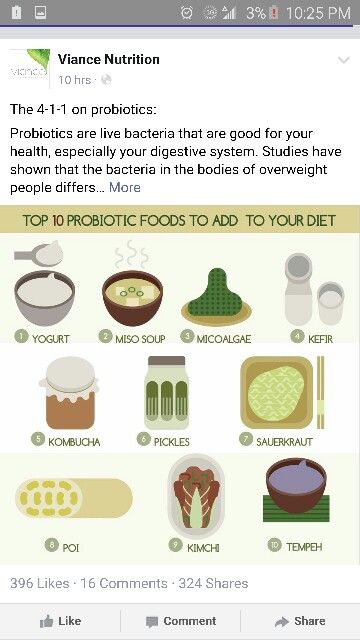 Still, give these a try:
Still, give these a try:
- Unpasteurized sauerkraut
- Kimchi
- Miso
- Kefir
- Yogurt
- Soft cheeses
- Dairy products
For picky eaters, sourdough bread is a good source of probiotics, as are homemade smoothies. Double up on the smoothie goodness by making enough for the whole family — break open one probiotic capsule to add to the mix, or swap out milk for kefir. Aside from eating more raw foods, smoothies are one of my favorite ways to include more healthy prebiotics and probiotics into my diet, especially during a course of antibiotics.
Bottom line: Get more probiotics from foods
If you are considering adding probiotics to your family’s diet, look to getting them from your foods. But for those of us who have trouble convincing kids to even look at a mushroom, talk to your pediatrician about slowly introducing a small amount of probiotics into their diet.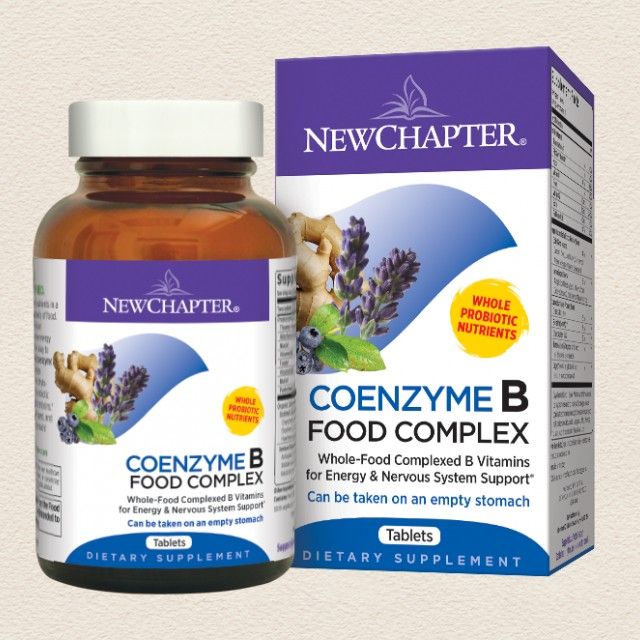 As we all know by now, “you are what you eat” has taken on a whole new life — and our guts and our kids’ guts are instrumental in determining both our physical and mental health, so put away the chip bag and feed your bacteria. For more reading, see: 7 Tips for a Healthier Microbiome
As we all know by now, “you are what you eat” has taken on a whole new life — and our guts and our kids’ guts are instrumental in determining both our physical and mental health, so put away the chip bag and feed your bacteria. For more reading, see: 7 Tips for a Healthier Microbiome
Not sure what to eat?
Gene Food uses a proprietary algorithm to divide people into one of twenty diet types based on genetics. We score for fat metabolism, histamine clearance, carbohydrate tolerance, and more. Where do you fit?
Learn More
Jennifer Nguyen
Jennifer Nguyen is a scientist living in San Diego. She did her training in molecular immunology, with a focus on checkpoint proteins and their role in autoimmune disease. She now works in cancer immunology and microbiome research. Jennifer spends her time away from the lab hanging out with her dog, climbing, and practicing yoga.
The very latest on genetics, nutrition and supplements delivered to your inbox!
- Email*
Everything You Need to Know
Best strains of probiotics for babies
Researchers of an Australian study found that the best probiotics for infants were ones that included 2-3 strains or species of probiotics (instead of just one).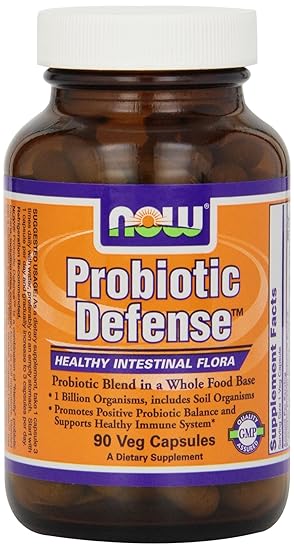 Here are the top three to look for:
Here are the top three to look for:
1. B. bifidum is one of the first strains to colonize baby’s intestines and adheres to the intestinal wall better than other strains. It continues to be an important bacteria for digestion and nutrient absorption. It may help with infant skin conditions like baby eczema and yeast infections. It may also help with infant digestive issues such as necrotizing enterocolitis (NEC), IBS, constipation, diarrhea, and even lung infections.
2. B. infantis is the strain that is most prevalent and powerful in infants and declines as we age. In fact, a new (and alarming) study shows that this strain may be going extinct in the Western world. This is a huge issue, as it crowds out pathogenic bacteria and helps with overall health and digestion. One review found that B. Infantis can reduce inflammation and support immune function.
3. L. reuteri is a strain that has been found to have many benefits for young children and infants.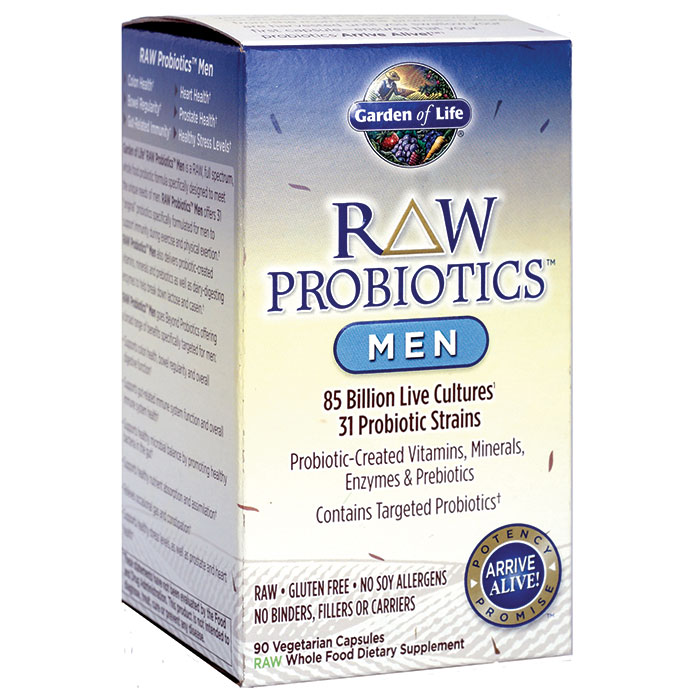 One study found that children ages 6 months to 3 years who took supplemental L. rheuteri had nearly one third fewer cases of diarrhea and half as many respiratory infections. Another study suggests that L. rheuteri is an excellent treatment for colic. It was also found to reduce the levels of bacteria that cause tooth decay!
One study found that children ages 6 months to 3 years who took supplemental L. rheuteri had nearly one third fewer cases of diarrhea and half as many respiratory infections. Another study suggests that L. rheuteri is an excellent treatment for colic. It was also found to reduce the levels of bacteria that cause tooth decay!
How to Give Probiotics to Infants
Always, always, always talk to your pediatrician before giving baby any supplement. Also, always start slow with probiotics and watch for any bowel or behavior changes.
There are a few ways you can provide baby with probiotics:
How to give baby liquid probiotics
The easiest way to give your child baby probiotics is to use an oil dropper, like Mama Natural Baby Probiotic Drops.
- Following the dosage suggestions on the particular product, add liquid probiotics to a little breast milk or formula.
- Alternatively, use a syringe to put liquid probiotics directly into baby’s mouth.
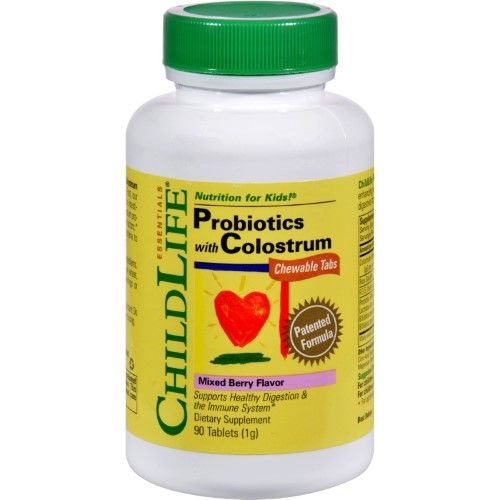 This way baby is not getting any additional water (which can cause an imbalance in his or her electrolytes).
This way baby is not getting any additional water (which can cause an imbalance in his or her electrolytes).
How to give baby powdered probiotics
- For powdered probiotics, following the dosage suggestions on your product packaging. Most mamas add baby probiotic powder to breast milk or formula.
- Alternatively, you can put the powdered probiotics directly on your breasts before feeding. To do so, apply my DIY nipple cream, then sprinkle the probiotic powder directly on top.
- When baby is eating solids, mix their baby probiotics into baby’s water cup or food.
Other Great Sources of Probiotics for Infants
In addition to probiotic supplements, baby can great probiotics from:
Breastfeeding
Breastfeeding is the best way to keep baby’s gut lining intact and healthy. Your milk will supply baby with probiotics and immunoglobulin A (IgA), which helps seal the gut lining.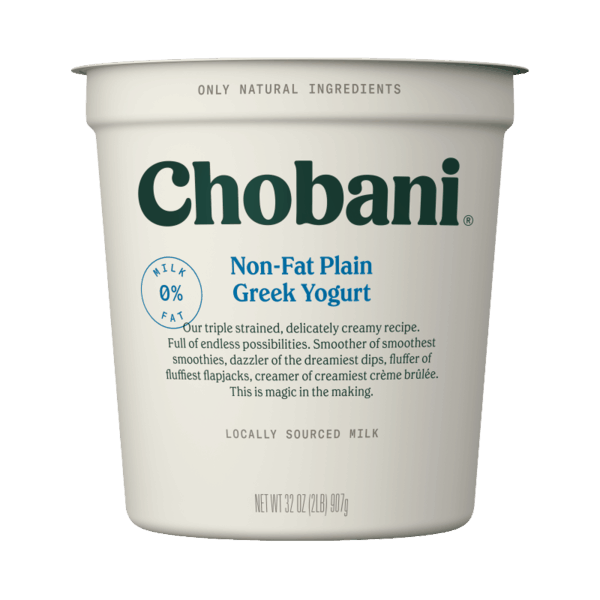 For the greatest benefits, consume plenty of probiotic-rich fermented foods, like kefir, raw sauerkraut and pickles, yogurt, miso, etc. This will help enrich your own bacterial balance, which will help your milk and baby.
For the greatest benefits, consume plenty of probiotic-rich fermented foods, like kefir, raw sauerkraut and pickles, yogurt, miso, etc. This will help enrich your own bacterial balance, which will help your milk and baby.
And if you can’t or don’t want to breastfeed, there are formula options that can still help keep baby’s gut healthy.
Breast milk yogurt
Food is the best way to boost your good bacteria, especially for young children with delicate systems.
Obviously, we can’t give babies true solids until around 6 months old, but we can give them one food at a very young age: Breast milk yogurt.
- Mix about an ounce of breast milk with 1/8 teaspoon of infant probiotics.
- Let the mixture sit on the counter overnight.
- Feed to baby with a spoon.
Of course, always check with your child’s pediatrician before giving to your child.
Fermented foods
When baby is old enough for solids, add naturally-fermented foods to his or her diet.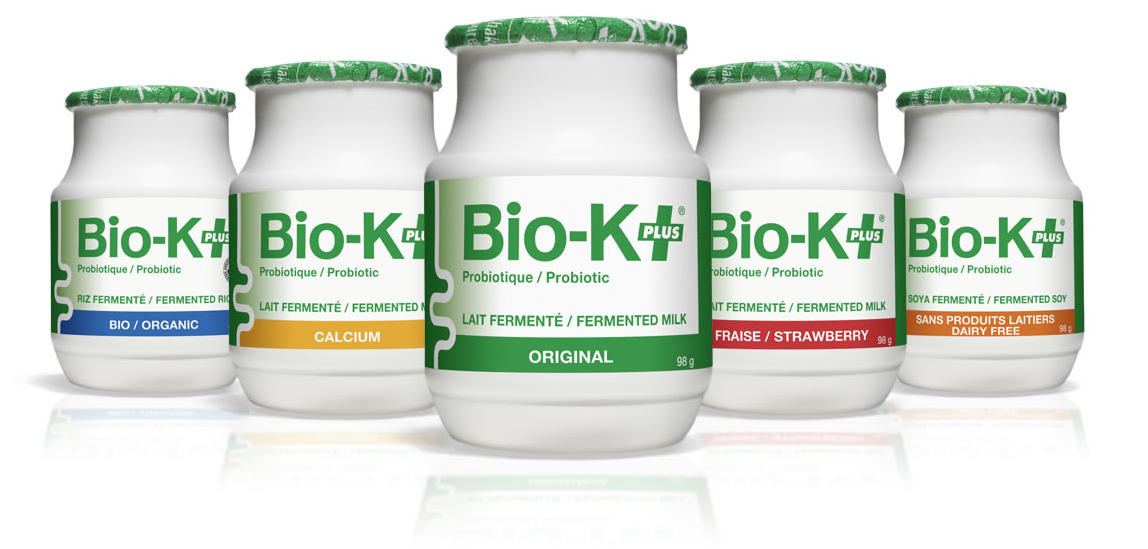 Feeding them early will help baby develop a taste for sour and fermented foods.
Feeding them early will help baby develop a taste for sour and fermented foods.
- Start with just the juice of these probiotic powerhouses—sauerkraut or pickle juice, for example. Use a spoon or mix them into puree.
- As baby gets use to solids, add in small amounts of kefir or yogurt.
- Gradually continue introducing other fermented foods, eventually serving baby all the fermented foods you love.
Common Questions About Baby Probiotics
Are probiotics safe for infants?
Studies show that probiotics are not only safe, but very effective in reducing daily crying time, spit up, and constipation during the first three months of life.
Probiotics or prebiotics added to infant formula and other foods marketed for use in children do not appear to be harmful to healthy infants and children. – AAP
Still, it is very important to talk to your pediatrician before giving baby anything but breast milk.
Can probiotics cause upset tummies in babies?
Quite the contrary. Clinical trials suggest baby probiotics actually soothe upset tummies. In fact, babies taking probiotics had fewer emergency department visits, needed less medication for stomach problems, had more regular bowel movements, and spit up less.
Can baby probiotics cause gas?
According to researchers, probiotics may actually help reduce gas in babies. Studies suggest babies the bacterial makeup is different in the stomachs of babies with colic, and researchers hypothesize that these differences may cause gas, bloating, and discomfort that leads to colic.
In a review of 12 studies to examine the effects of probiotics, researchers found that infants taking probiotics cried for about an hour less each day—possibly as a result of less gas pain.
Can you give a baby too much probiotics?
Always follow the dosage information on your probiotic supplement, and be sure to get your doctor’s approval.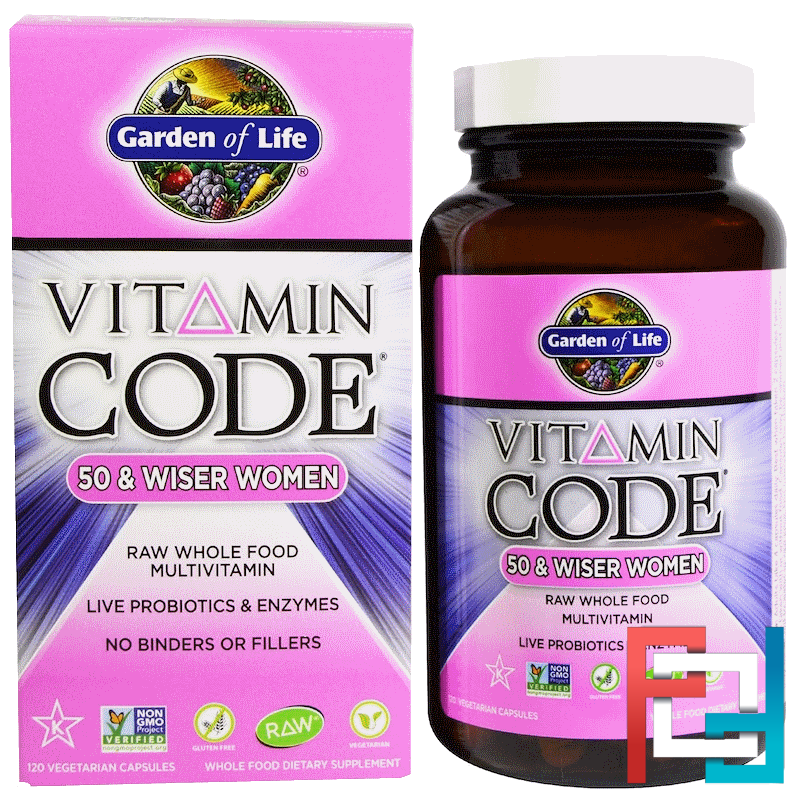
It may, however, give you peace of mind to know that, according to the AAFP, “there is no evidence that higher dosages are unsafe; however, they may be more expensive and unnecessary.”
Imbalanced gut flora can be inherited, and may cause serious health issues in the future. Adding probiotics for infants to baby’s diet, either through food or supplementation, can help your baby have the best possible start.
References
- https://www.ncbi.nlm.nih.gov/pmc/articles/PMC4522824/
- https://www.ncbi.nlm.nih.gov/pubmed/22981952
- https://www.ncbi.nlm.nih.gov/pubmed/24100440
- https://www.apa.org/monitor/2012/09/gut-feeling.aspx
- https://www.aafp.org/afp/2008/1101/p1073.html
- https://medlineplus.gov/druginfo/natural/891.html
Garden of Life, Vitamin Code, Children's Chewable Whole Food. Vitamins and minerals
Garden of Life, Vitamin Code, Kids, Children's Chewable Whole Food Multi, Cherry, 60 Gummies
* Whole Food Supplement * Live probiotics * 24 kinds of organic fruits and vegetables * Free from artificial flavors, sweeteners and additives * Kosher product *Non GMO Project Verified Certificate * Gluten Free * Vegetarian product * Does not contain dairy products * Sweet… Read more
2303 p
Article number GOL-11440
Organizer Festival 17. 9
9
Ask a question Find Reviews Buyer protection
* Whole Food Supplement
* Live Probiotics
* 24 Organic Fruits & Vegetables
* No Artificial Flavors, Sweeteners or Additives
* Kosher
* Non GMO Project Verified
* Gluten Free
* Vegetarian
* Dairy Free
* Sweet cherry flavor
* Contains vitamins and minerals Vitamin Code
* 24 family farmed fruits and vegetables
Enjoy the benefits of natural products!
Purity
Pure, whole food ingredients are thoroughly blended, unheated, sourced from organically farmed fruits and vegetables. The product does not contain artificial flavors, sweeteners or additives.
Non-GMO verified.
Independently verified by a third party.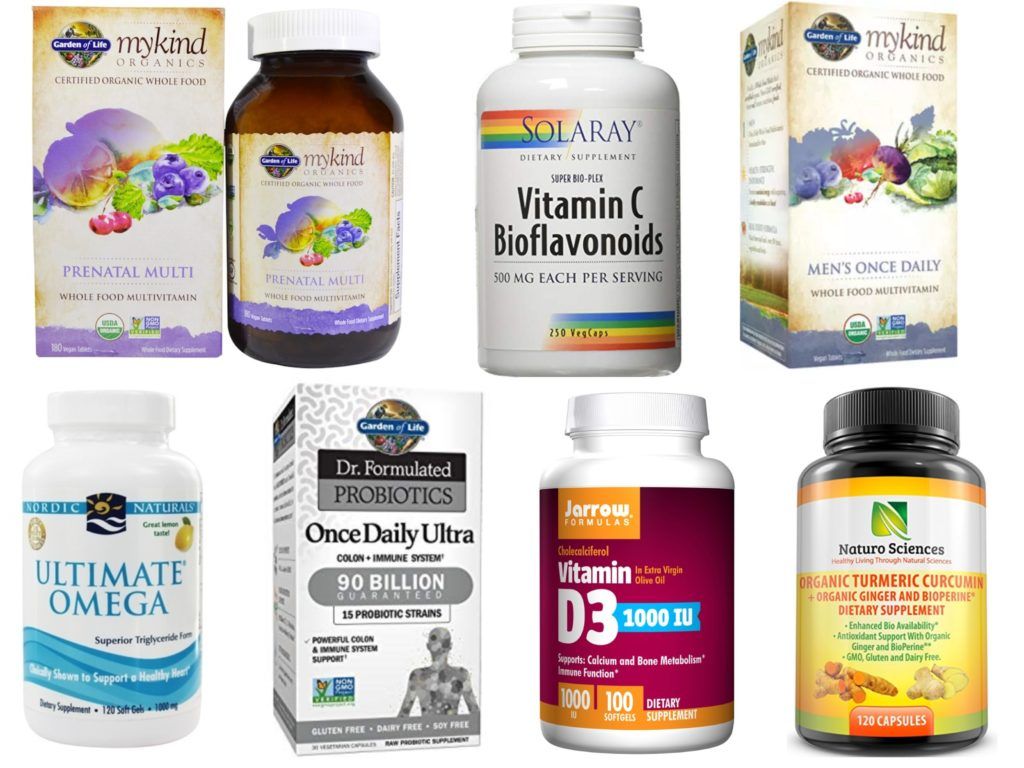
Delicious Whole Foods
Nutrients from raw foods blended with organically grown fruits, vegetables and food cofactors. nine0025 Meets the needs of a growing body
The product tastes great, its comprehensive formula strengthens the health of the child in a comprehensive way!
Vitamin Code for Children is non-GMO (certified). These children's multivitamins with whole food vitamins and minerals will provide the necessary support for an active, growing child's body.
24 organically grown fruits and vegetables provide beneficial antioxidants, vitamins and nutrients. nine0025 * Immune System Support
* Mental & Physical Energy
* Bone Development Support
* Live Probiotics for Healthy Digestion
Additional Facts
Serving Size: 2 Buzz Bears
Servings Per Container: 30
\tAmount Per Serving %Daily Value
Calories 15
Total Carbs 4g 1% No.
Dietary Fiber
Ask a Question
Go to Buy
Go to Buy
Show all purchase reviews
Top 10 probiotics for children on Iherb.
 com: rating, reviews and prices
com: rating, reviews and prices Probiotics are biologically active preparations, which include live bacteria of normal intestinal microflora. Probiotics for children prevent the development of dysbacteriosis and have a therapeutic effect in case of manifestations of the disease. Timely appointment of probiotics in children of the first year of life contributes to the formation of protective reactions of the body against aggressive factors of pathogenic microflora. nine0025 The balance of microorganisms in the intestines is the key to health and well-being, but, unfortunately, it can easily be disturbed by the use of drugs (especially antibiotics) and malnutrition. And then probiotics come to the rescue. What drugs really help, what effect they have on the body, find out from the selection with Iherb.
Contents
- 1 Nature's Way, Primadophilus, cherry flavor
- 2 Nature's Way, Primadophilus, orange flavor
- 3 ChildLife Probiotic Colostrum Powder Orange Pineapple
- 4 ChildLife Probiotic Colostrum Powder Berry Flavor
- 5 Now Foods Berry Dophilus
- 6 Culturelle Unflavored
- 7 Kyolic Dophilus, Vanilla
- 8 Nature's Plus, Animal Parade, AcidophiKidz
- 9 Nature's Plus, Animal Parade, Tooth Fairy
- 10 BioGaia, ProTectis, Vitamin D
Nature's Way, Cherry Flavored
Packaging volume: 30 chewing tablets
Price: $ 7.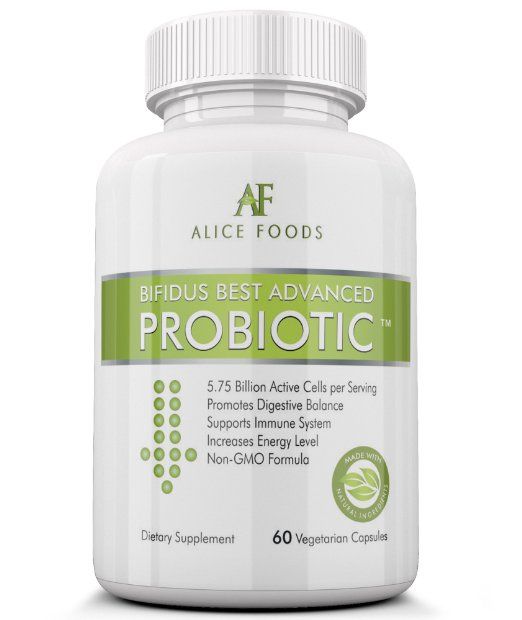 33
33
Rating: 4.5/5
Open on Iherb.com 9000 9000 9000
Unique Genuine Guarantee:
- True Specific Activity guarantees 3 billion CFU per chewable tablet throughout the expiration date.
- True individuality ensures that only the strains listed on the product label are contained in the product.
- The recipe contains 3 strains and is specially designed for children from 2 to 12 years old.
- Exquisite cherry flavor. nine0008
What consumers say:
Pros
- Reduces the appearance of dermatitis.
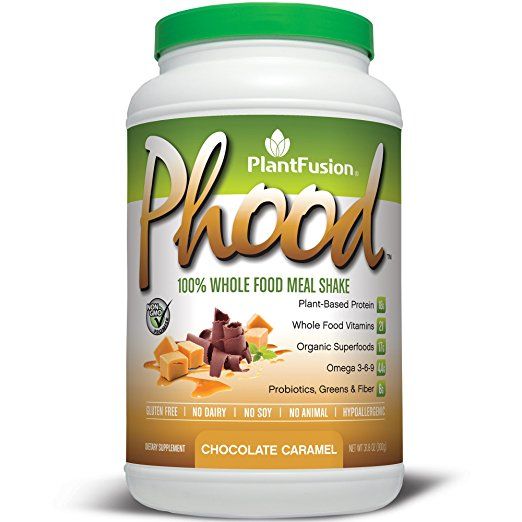
- Helps normalize stools.
- Good effect on immunity.
- You only need to take 1 tablet a day.
- Many liked the cherry flavor of the drug.
Cons
- Not very palatable.
- Does not always relieve bowel problems. nine0007 Allergic reactions possible.
Composition
| Amount Per Serving | % DV | |
| Proprietary Probiotic Blend providing 3 Billion CFU Lactobacillus rhamnosus Bifidobacterium longum Lactobacillus acidophilus | ** | |
| **Daily dose not determined. | ||
Nature's Way, Primadophilus, orange
Packaging volume: 30 chewing tablets
Price: $ 7.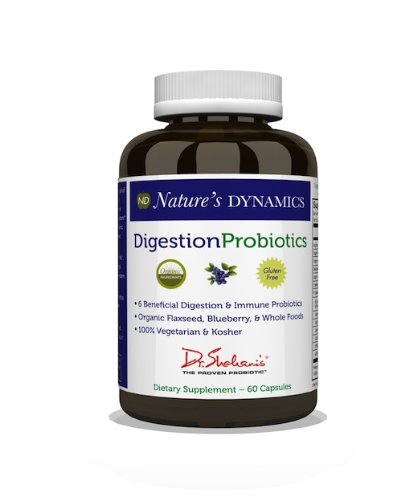 33
33
Rating: 4.4/5
Open on Iherb.com
Exclusively backed by this warranty:
- Only the strains listed on the label are guaranteed to be found in the product
- Contains 3 probiotic strains to support healthy digestive flora
- Delicious orange flavor
- New bottle technology extends shelf life and helps ensure quality and potency
New double layer bottle technology helps maintain potency throughout the shelf life. nine0005
Innovative inner layer wicks away moisture while outer wall helps keep moisture out of probiotics.
Other probiotic bottles do not absorb moisture, which may affect quality and potency.
What consumers say:
Pros
- Restores bowel function.
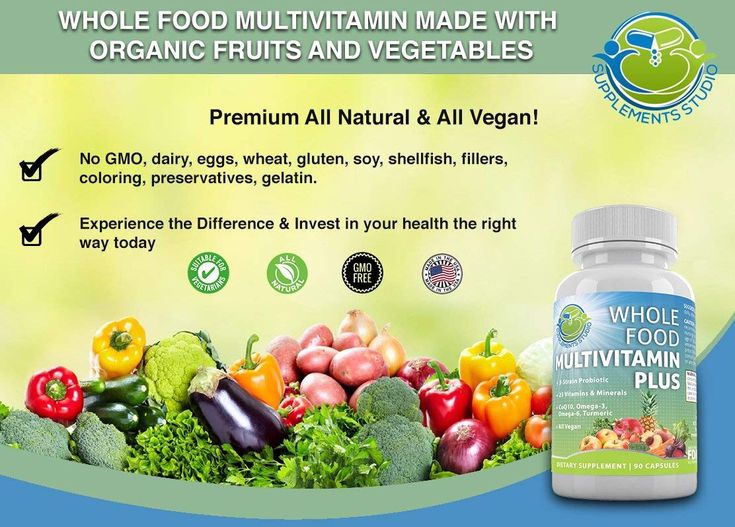
- Helps to facilitate acclimatization.
- The drug strengthens the immune system.
- Children love the orange flavor. nine0008
- Well tolerated by allergy sufferers.
Cons
- Some consumers did not feel any effect.
- Probably this drug affected the appearance of acne.
- Some children did not like the taste.
- In rare cases, allergy symptoms return after discontinuation of the drug, treatment is useless.
Composition
| Amount Per Serving | % DV | |
| Proprietary 3 Billion CFU Probiotic Blend Lactobacillus acidophillus (La-14) Lactobacillus plantarum (Lp-115) Bifidobacterium bifidum/lactis (Bb-02) | 28 mg | ** |
**Daily Value (DV) not established.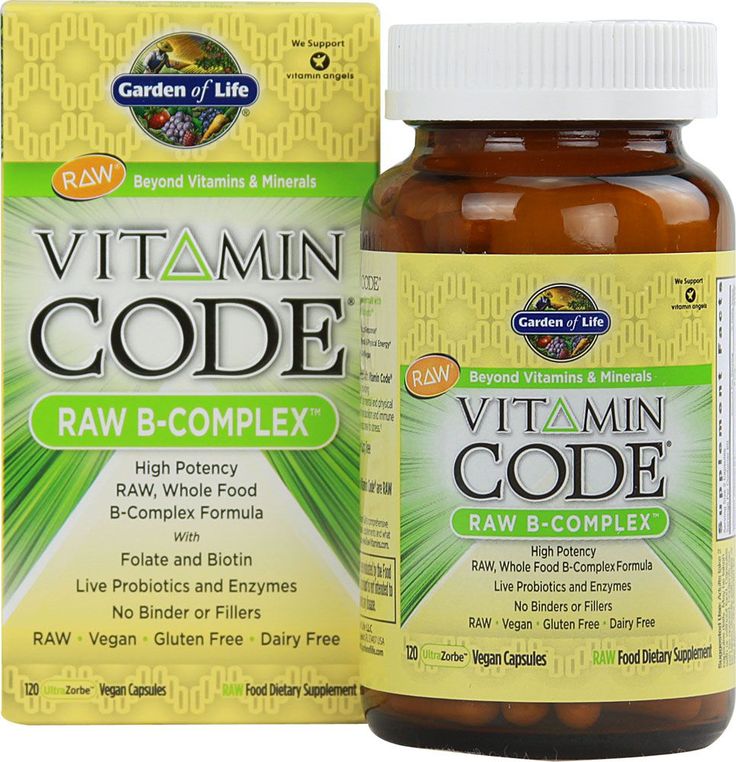 | ||
ChildLife, Probiotic Colostrum Powder, Orange & Pineapple Flavored
Pack size: 1.7 oz.
Price: $14.53
Rating: 4.3/5
View on iherb.com
- Essential Amino Acids
- Food for children
- Patented formula
- Promotes healthy digestion and immune system
- Food supplement
ChildLife Colostrum Probiotic improves your child's immune and digestive health. Naturally harvested colostrum provides nature's full spectrum of antibodies and is the perfect balance for gastrointestinal health. Probiotic supports the growth of good bacteria for the healthy functioning of the digestive and immune systems. nine0005
What consumers say:
Pros
- Supports immunity.
- Helps to normalize bowel function.
- Relieves the condition during acclimatization.
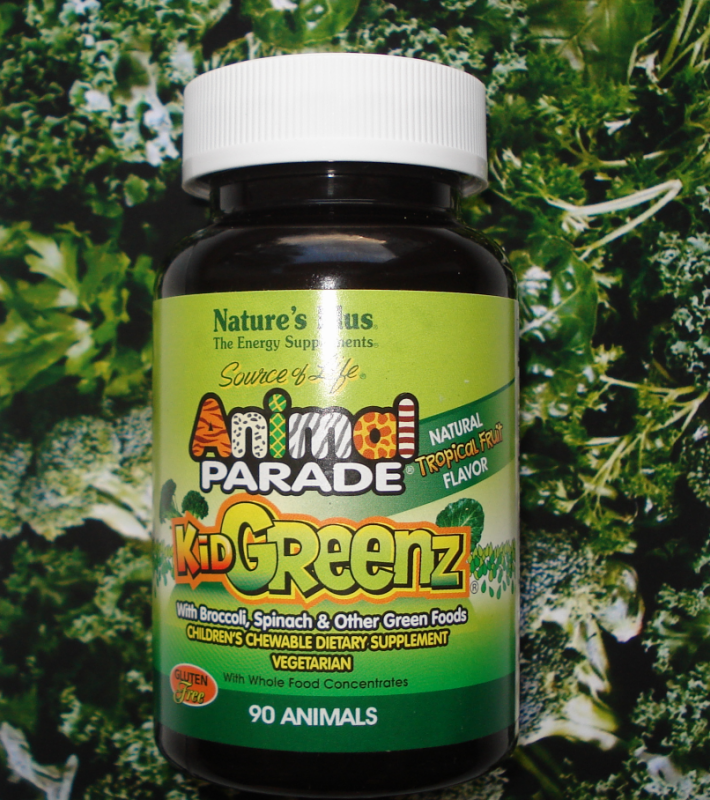
- Children take with pleasure, pleasant taste.
Cons
- Does not always solve the problem of dysbacteriosis.
- Powder does not dissolve in water.
- Possible allergic reaction to the drug. nine0007 Some people don't like the taste.
Composition
| Amount Per Serving | %Daily Value | |
| Colostrum (beef) (18% IgG) | 1400 mg | † |
| Rice bran | 200 mg | † |
| Fructooligosaccharides (FOS) | 200 mg | † |
| Probiotic Blend: ** Lactobacillus acidophilus Bifidobacterium breve Bifidobacterium longum | 4 billion CFU | † |
†Daily dose not determined.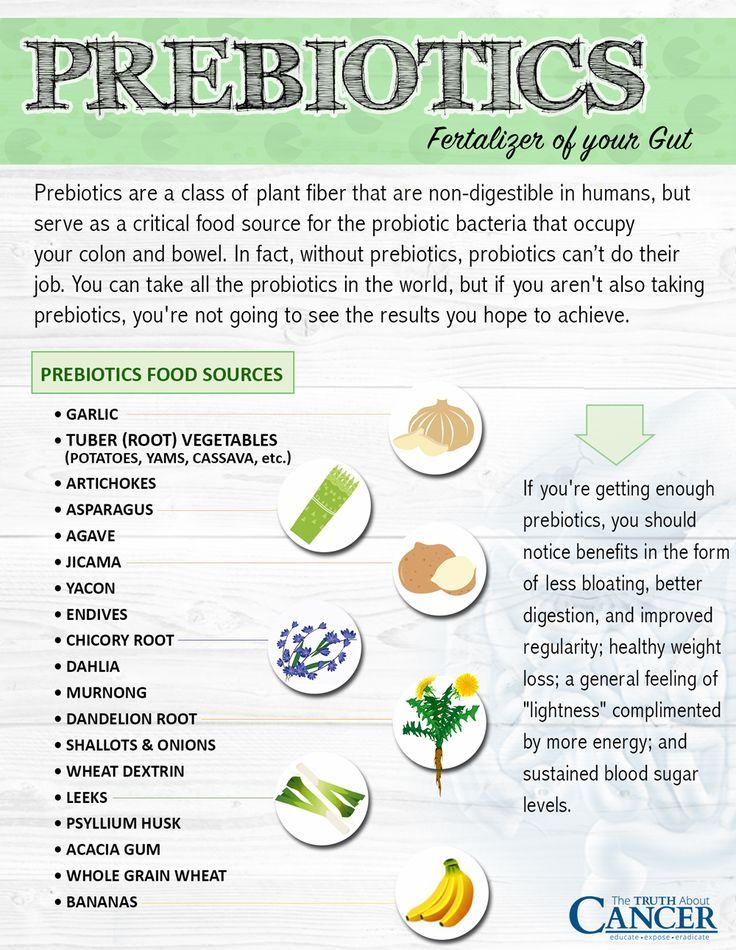 ** At the time of manufacture. | ||
Childlife, a probiotic with dry colostrum, with berry taste
Packaging volume: 90 chewed tablets
$ 14.51
Rating: /5,0005 com
- Essential amino acids
- Food for children
- Chewable tablets
- Patented formula
- Promotes healthy digestive and immune systems
- Food supplement
- Gluten Free
- Alcohol free
- Free from recombinant bovine growth hormone
ChildLife Brand Colostrum Probiotic improves your child's immune and digestive health. nine0005
ChildLife Probiotics with Colostrum provides a three-pronged approach to health: First, Probiotic Blend is the perfect balance for gut health. Second, naturally sourced colostrum provides a full spectrum of natural antibodies and immune factors. Third, prebiotics support the growth of bacteria needed to maintain healthy digestive and immune function.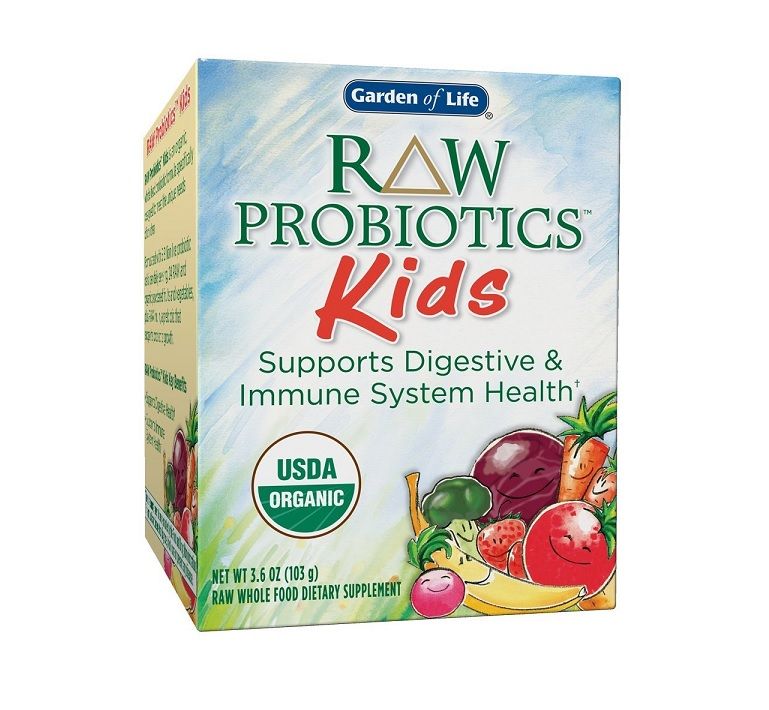
ChildLife brand products use only the highest quality ingredients. nine0005
What consumers say:
Pros
- Probiotic strengthens the immune system.
- Digestion improved.
- Capsules have a pleasant berry flavor.
- Convenient 2 in 1 form: probiotics and colostrum.
Cons
- A rash appeared, possibly from the drug.
- Start with 1 tablet, not 4 as in the instructions, otherwise the opposite effect is possible.
- Many consumers have not noticed the effect of taking a probiotic. nine0008
Composition
| Amount Per Serving | % DV | |||||||||||||||||||||||||||||||||||||||||||||||||||||||||||||||||||||||||||||||||||||||||||||||||||||||||||||||||||||||||||||||
| Colostrum (bovine) (20% IgG) (IgG per serving, 280 mg) | 1400 mg | † | ||||||||||||||||||||||||||||||||||||||||||||||||||||||||||||||||||||||||||||||||||||||||||||||||||||||||||||||||||||||||||||||
| Rice bran | 200 mg | † | ||||||||||||||||||||||||||||||||||||||||||||||||||||||||||||||||||||||||||||||||||||||||||||||||||||||||||||||||||||||||||||||
| Fructooligosaccharides (FOS) | 200 mg | † | ||||||||||||||||||||||||||||||||||||||||||||||||||||||||||||||||||||||||||||||||||||||||||||||||||||||||||||||||||||||||||||||
| Probiotic Blend: ** Lactobacillus acidophilus BerryDophilus provides 2 billion colony forming units from a combination of 10 clinically proven probiotic bacterial strains designed to support gastrointestinal and immune system function. What consumers say: Pros
Cons
Composition
Culturelle unflavored Pack size: 30 sachets View on iherb.com
Culturelle Kids Daily Probiotic contains Lactobacillus GG, which works naturally with your child's body to help support immunity and digestion. The safe and effective contents of these sachets are easy to add to your children's favorite food or drink to keep them happy and healthy. Lactobacillus GG is the most studied probiotic for children with over 100 scientific studies to help support their body's natural defenses by acting on the child's immunity. Help your children stay healthy by adding Culturelle products to their daily diet. By making healthy choices today, your children can maintain good health tomorrow.
What consumers say: Pros
Cons
Composition
Kyolic, Kyo-Dophilus Vanilla Pack Size: 60 Chews View on iherb.com
Kyo-Dophilus Baby is made with three specially grown human beneficial bacteria strains that are dairy-free, warm temperature stable and resistant to stomach acid. These delicious vanilla flavored chewables build and support a healthy immune system. Take every day for proper bowel function and overall well-being. nine0005 What consumers say: Pros
Cons
Composition
Nature's Plus, Animal Parade, Tooth Fairy Packaging volume: 90 animals
Animal Parade Tooth Fairy Children's Chewable is a new supplement with live probiotic M18 cells, L. acidophilus, vitamin D3, calcium, and xylitol that may reduce the risk of cavities. Delicious animal-shaped vanilla tablets contain a food grade blend of naturally healthy teeth nutrients. nine0005 What consumers say: Pros
Cons
Composition
BIOGAIA, Protectis, with vitamin D Packaging volume: 10 ml BioGaia ProTectis Baby is a dietary supplement containing Lactobacillus reuteri Protectis that helps microorganisms restore the natural balance of the intestines. | ||||||||||||||||||||||||||||||||||||||||||||||||||||||||||||||||||||||||||||||||||||||||||||||||||||||||||||||||||||||||||||||||

 In addition, healthy gut flora helps create a favorable environment for nutrient absorption. BerryDophilus is suitable for use by both adults and children. Because the chewables are sweetened with xylitol, BerryDophilus is tooth-friendly and tastes great. nine0005
In addition, healthy gut flora helps create a favorable environment for nutrient absorption. BerryDophilus is suitable for use by both adults and children. Because the chewables are sweetened with xylitol, BerryDophilus is tooth-friendly and tastes great. nine0005 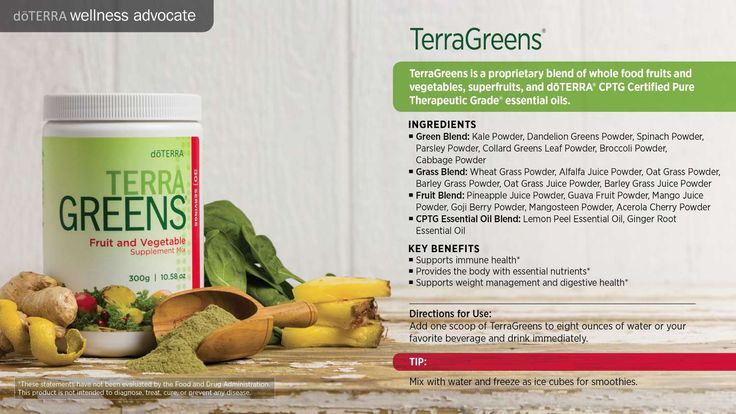
 nine0025 Restores the natural balance of beneficial bacteria in the gastrointestinal tract, helping to support healthy digestion.
nine0025 Restores the natural balance of beneficial bacteria in the gastrointestinal tract, helping to support healthy digestion. 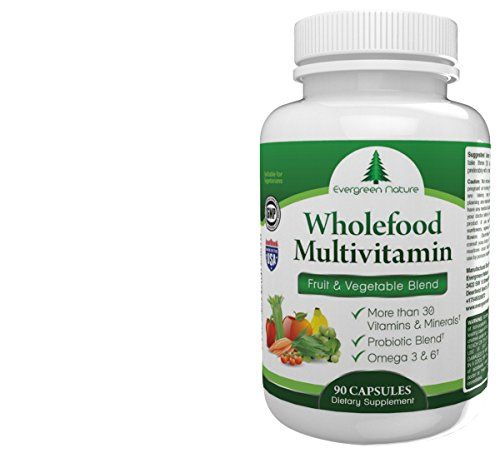
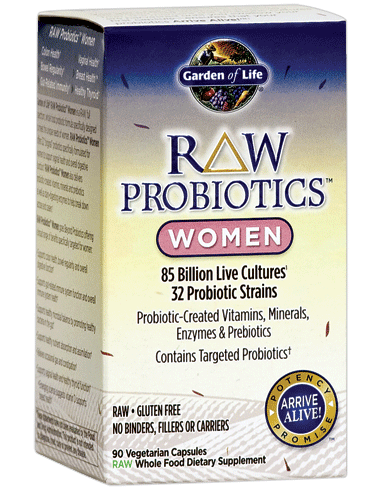
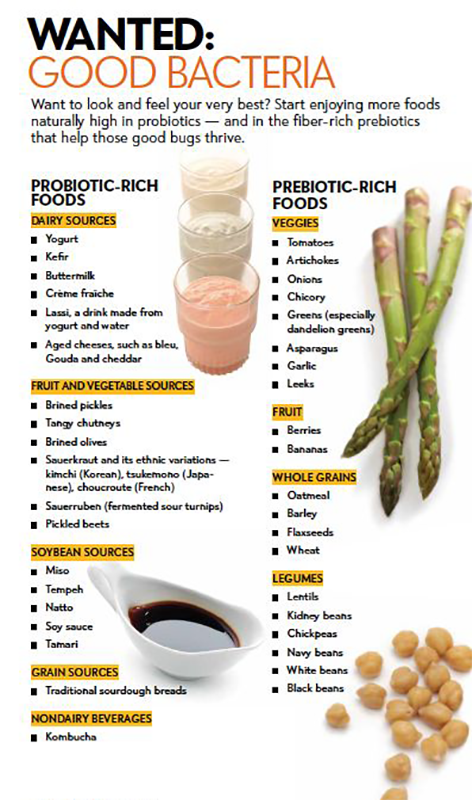
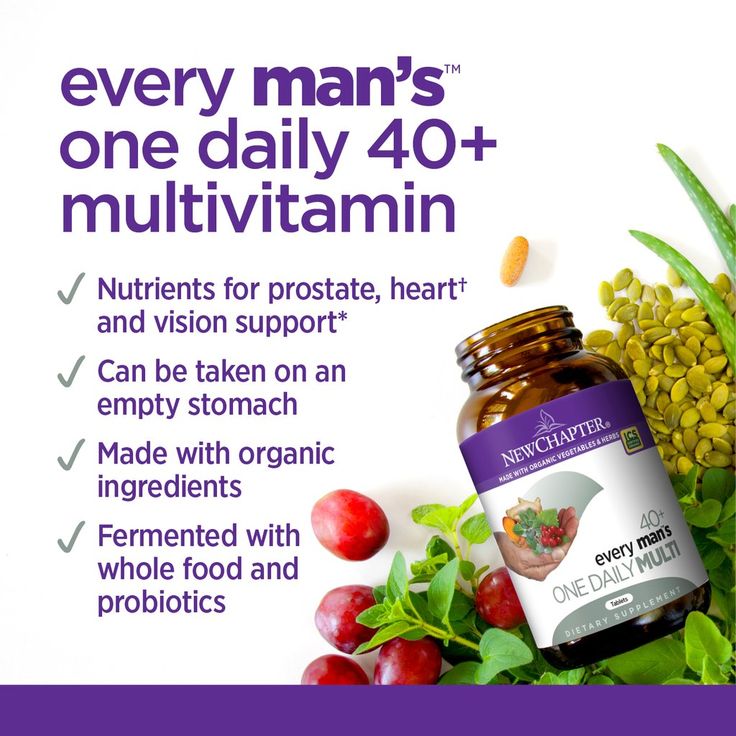 AcidophiKidz contains Vitis vinifera herbal extract and B. coagulans probiotic. Pure Fructooligosaccharides (FOS) help maximize your probiotic intake by increasing bioavailability and promoting the growth of beneficial gut flora. nine0005
AcidophiKidz contains Vitis vinifera herbal extract and B. coagulans probiotic. Pure Fructooligosaccharides (FOS) help maximize your probiotic intake by increasing bioavailability and promoting the growth of beneficial gut flora. nine0005 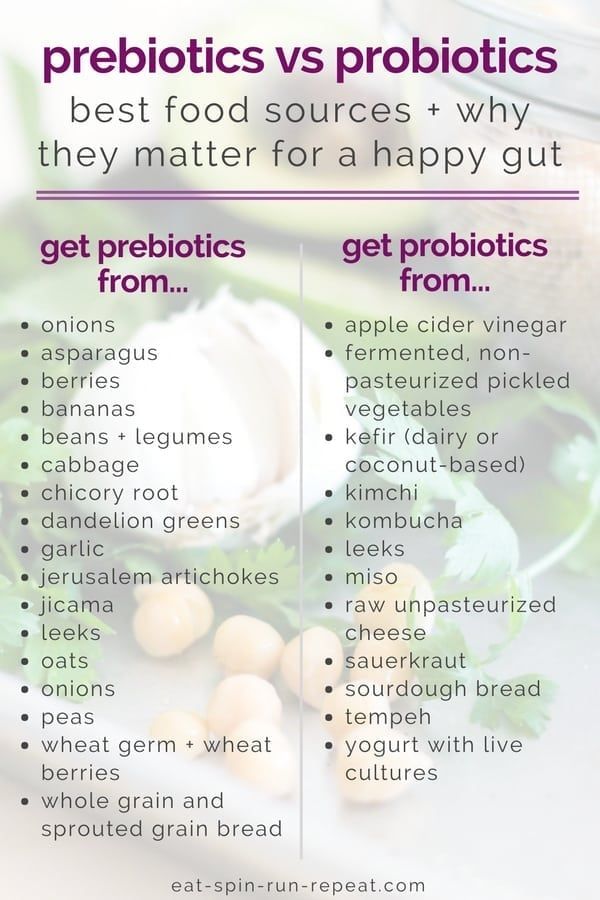
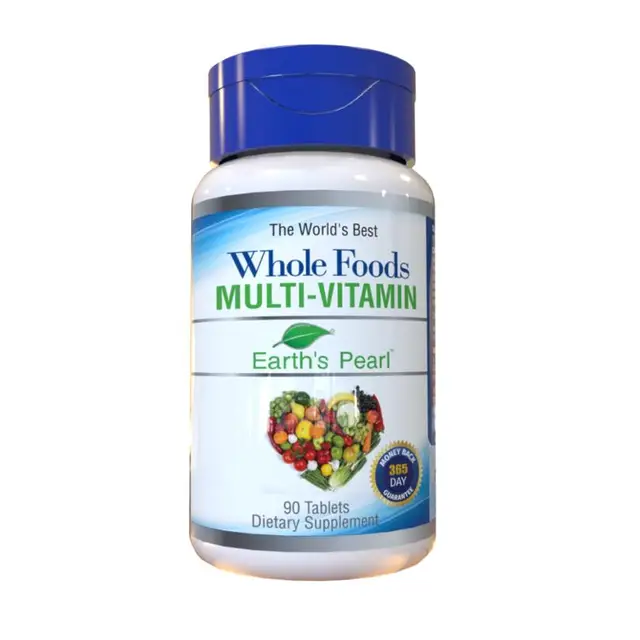
 acidophilus (2 billion viable cells ‡)
acidophilus (2 billion viable cells ‡) 